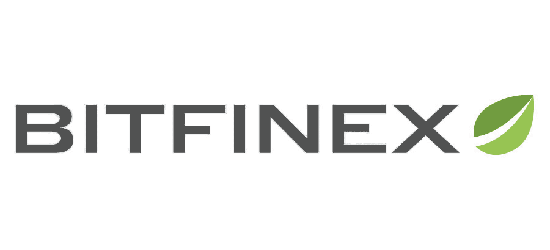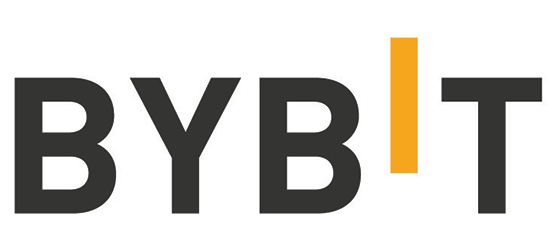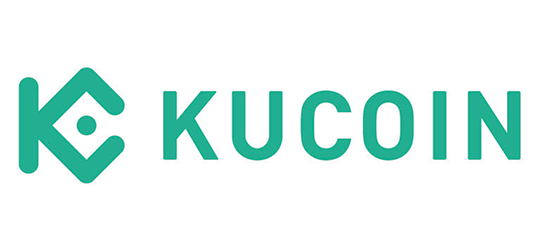South Korea clarifies NFT classification as virtual assets
South Korea's Financial Services Commission (FSC), the nation's authoritative body overseeing financial matters, has provided a set of criteria outlining the conditions under which non-fungible tokens (NFTs) fall under the category of virtual assets. This clarification comes as the nation gears up to enact the 'Virtual Asset User Protection Act' by July 19 of the current year.
According to the newly released criteria, NFTs that are produced in large quantities, can be subdivided, and have the capability to function as a mode of payment, will fall under the same regulatory umbrella as traditional cryptocurrencies. The FSC points out that extensive collections of NFTs are more likely to be utilized for payment purposes, especially when transaction volumes are substantial.
In a statement by Jeon Yo-seop, who leads the FSC’s Financial Innovation Planning Division, it was mentioned that a collection containing 1 million NFTs stands a reasonable chance of being employed as a payment mechanism. Nevertheless, the FSC clarified that its approach to categorizing collections would be individualized, without a fixed rule for defining NFTs in the same realm as cryptocurrency.
NFTs of negligible value, such as those functioning as tickets or digital certificates, will be acknowledged differently, falling under the general NFT category. Moreover, the FSC advised that NFTs demonstrating characteristics laid out in South Korea's Capital Markets Act might be categorized as securities.
Previously, the FSC outlined that virtual assets must be eligible to earn interest during staking on a cryptocurrency exchange, as per the forthcoming virtual asset regulations slated for July 2024. Although typical NFTs and central bank digital currencies (CBDCs) are not subject to this rule, the FSC's latest statement underscores that NFTs recognized as virtual assets are to earn interest upon their deposit on exchanges.
Entities operating within the NFT space must scrutinize the guidelines to ascertain whether their NFTs are classified as virtual assets. Should this be the case, adherence to the 'Specific Financial Information Act' is mandated. This act encompasses regulations on the sale, swap, transference, custody, and intermediation of virtual assets. Noncompliance could lead to legal consequences.
For businesses seeking clarity on the classification of their NFTs, the FSC is providing advisory services. This support includes examples and adjudications to help navigate the application of these regulatory directives effectively.

















